What Does it Take to Be an Egg Donor in Spain
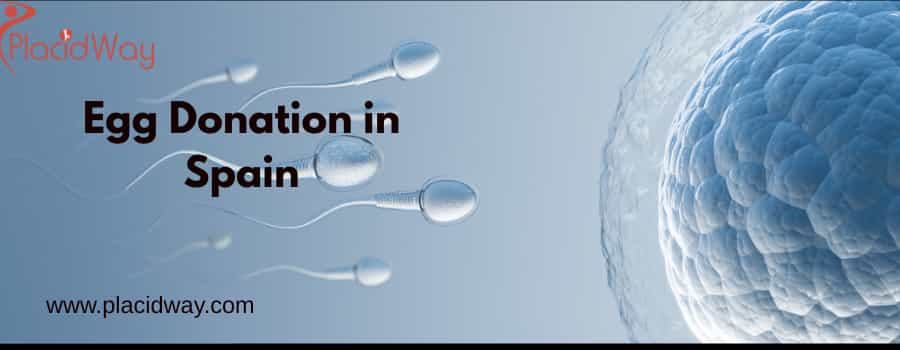
Thinking about becoming an egg donor is a profound decision, driven by a desire to help others build a family. Egg donation is a highly regarded and legally protected process, making it a popular choice for both donors and recipients. To be eligible, a woman must meet a specific set of legal, medical, and psychological criteria designed to protect the health of both the donor and the future child. These requirements ensure that the process is safe, ethical, and successful.
This guide provides clear, straightforward answers to all the key questions about who is eligible for egg donation in Spain. We will cover everything from age limits and health requirements to the legal framework that defines this altruistic act, helping you understand if this journey is right for you.
What is the main law governing egg donation in Spain?
"The main law governing egg donation in Spain is Law 14/2006 on Assisted Human Reproduction Techniques. This law establishes that egg donation must be a voluntary, anonymous, and altruistic act."
Spain’s legal framework is one of the most comprehensive in the world, providing a secure and ethical foundation for assisted reproduction. The cornerstone of this is the principle of anonymity, which protects the identities of both the donor and the recipient family. The law formally defines donation as a free and confidential contract between the donor and the authorized clinic.
This legislation also sets out the fundamental requirements for donors and ensures that the process is not for commercial gain. While donors receive financial compensation, it is strictly to cover the physical discomfort, travel expenses, and time off work associated with the process, not as payment for the eggs themselves.
What is the age limit to be an egg donor in Spain?
“To be an egg donor in Spain, you must be between 18 and 35 years of age. However, most fertility clinics prefer candidates who are under 30 to ensure the highest quality of eggs.”
The age range of 18 to 35 is legally mandated by Spanish law. The lower limit of 18 ensures that the woman is of legal age and can provide informed consent for the procedure. The upper limit of 35 is based on reproductive biology; as a woman ages, the quantity and, more importantly, the quality of her eggs decline.
By sourcing eggs from young, healthy women, clinics can offer recipients the highest possible chance of a successful pregnancy. This is why, in practice, many clinics will narrow this window further, often recruiting donors who are in their early to mid-twenties.
Do I have to be a Spanish citizen to donate eggs in Spain?
"No, you do not have to be a Spanish citizen to donate eggs in Spain. Women of all nationalities are welcome to become donors, provided they meet all the legal and medical eligibility requirements and can commit to the process."
Many Spanish fertility clinics have international donation programs and welcome donors from diverse ethnic and racial backgrounds. This is essential for matching recipients from all over the world with donors who share their physical characteristics (phenotypes).
The key consideration for non-residents is the ability to be physically present in Spain for the required medical screenings, appointments, and the egg retrieval procedure itself. This typically involves a stay of several days or multiple shorter trips, so commitment and logistical planning are crucial.
What medical and infectious disease screening is required?
“All potential egg donors must undergo extensive screening for infectious diseases. This includes blood tests for HIV, Hepatitis B and C, syphilis, chlamydia, and other sexually transmitted infections.”
Protecting the health of the recipient and the future child is paramount. To prevent the transmission of any diseases, Spanish law requires a rigorous screening process. All candidates are tested for a panel of serious infectious diseases.
These tests are performed via a simple blood draw. A candidate must test negative for all screened diseases to be accepted into an egg donation program. This screening ensures that the donated eggs are safe and free from any transmissible pathogens.
Is genetic testing required for egg donors?
“Yes, extensive genetic testing is a mandatory part of the screening process. This includes a karyotype analysis to check for chromosomal abnormalities and a carrier screening test for common hereditary diseases.”
A karyotype is a test that analyzes a person’s chromosomes to detect any structural abnormalities. This is done to ensure the donor has a normal chromosomal makeup, reducing the risk of genetic disorders in the offspring.
Additionally, donors undergo a genetic carrier screening test. This blood test checks if the donor is a carrier for hundreds of serious recessive genetic diseases, such as Cystic Fibrosis, Fragile X Syndrome, and Spinal Muscular Atrophy. By screening donors, clinics can prevent these conditions from being passed on to the child.
Is a psychological evaluation necessary?
"Yes, a psychological evaluation is a required and crucial part of the eligibility process. A psychologist assesses the candidate to ensure she is mentally prepared for the emotional and psychological aspects of donation."
Donating eggs is an emotionally significant act. The psychological assessment confirms that the donor fully understands the implications of her decision, including the principle of anonymity and the fact that she will have no legal rights or responsibilities regarding any children born from her donation.
This evaluation is conducted through an interview with a qualified psychologist. It serves as a supportive measure, ensuring the donor is making a voluntary and well-informed choice without any undue pressure or emotional distress. It also screens for any underlying psychological conditions that would make donation unsuitable.
What about my personal and family medical history?
“A detailed review of your personal and family medical history is required. You must not have a personal or family history of serious hereditary diseases, genetic disorders, or malformations.”
During the screening process, you will be asked to provide comprehensive information about the health of your close relatives (parents, siblings, grandparents). This is done to identify any patterns of inheritable diseases that might not be detected by standard genetic tests.
The medical team will carefully review this history to rule out any increased risk of conditions like certain cancers, heart disease, or neurological disorders. Honesty and thoroughness in providing this information are essential for the health of the future child.
Can I be an egg donor if I use an IUD or birth control pills?
“Yes, you can typically be an egg donor if you are using most forms of contraception, including birth control pills or a non-hormonal IUD. However, you will need to temporarily stop using hormonal methods during the donation cycle.”
Using contraception does not disqualify you from becoming a donor. In fact, clinics often use birth control pills to help regulate a donor's menstrual cycle to time the start of the ovarian stimulation treatment.
If you have a hormonal IUD (like Mirena or Kyleena) or a contraceptive implant (like Nexplanon), it will likely need to be removed before you can begin the donation process. If you have a non-hormonal copper IUD, it can usually remain in place.
Is the egg donation process anonymous in Spain?
“Yes, egg donation in Spain is strictly anonymous by law. The recipient will never know your identity, and you will never know the identity of the family who receives your eggs. The clinic is legally bound to protect this confidentiality.”
Anonymity is a defining feature of egg donation in Spain. This legal protection ensures that there are no future complications regarding parental rights or contact. The recipient family may be given general, non-identifying information about you, such as your age, physical characteristics (hair/eye color, height), blood type, and educational background, but nothing that could reveal your identity.
This system provides peace of mind for both the donor and the recipients, allowing the donor to feel secure in her altruistic act and the recipient family to build their family with full legal and emotional clarity.
What is the average cost of an egg donation cycle in Spain?
"The average cost of an egg donation cycle in Spain typically ranges from €5,900 to €8,500. Some clinics may offer lower-cost packages starting around €4,000 or more comprehensive programs that exceed €11,000."
This price range is a general estimate for a single IVF cycle using donor eggs. The significant variation exists because clinics across Spain offer different service levels, technologies, and guarantees. Major cities like Barcelona and Madrid may have slightly higher prices due to higher operational costs, but they also host some of the world's most renowned fertility centers. It's essential to look beyond the headline number and understand what each specific package includes.
How many times can I donate eggs in Spain?
"According to Spanish law, a donor can contribute to a maximum of six live births. This includes any children she may have of her own."
This legal limit is in place to minimize the risk of accidental consanguinity (relatives having children together) in future generations. Fertility clinics are required to keep meticulous records of all donations and resulting births to ensure this limit is never exceeded for any single donor.
This regulation underscores Spain's commitment to responsible and ethical reproductive medicine, balancing the desire to help families with long-term societal considerations.
Choosing to become an egg donor is a remarkable gift. If you believe you meet the eligibility criteria and are inspired to help, the first step is to connect with a reputable clinic.
Explore PlacidWay to find leading fertility clinics in Spain and learn more about taking the next step in your egg donation journey.


.png)
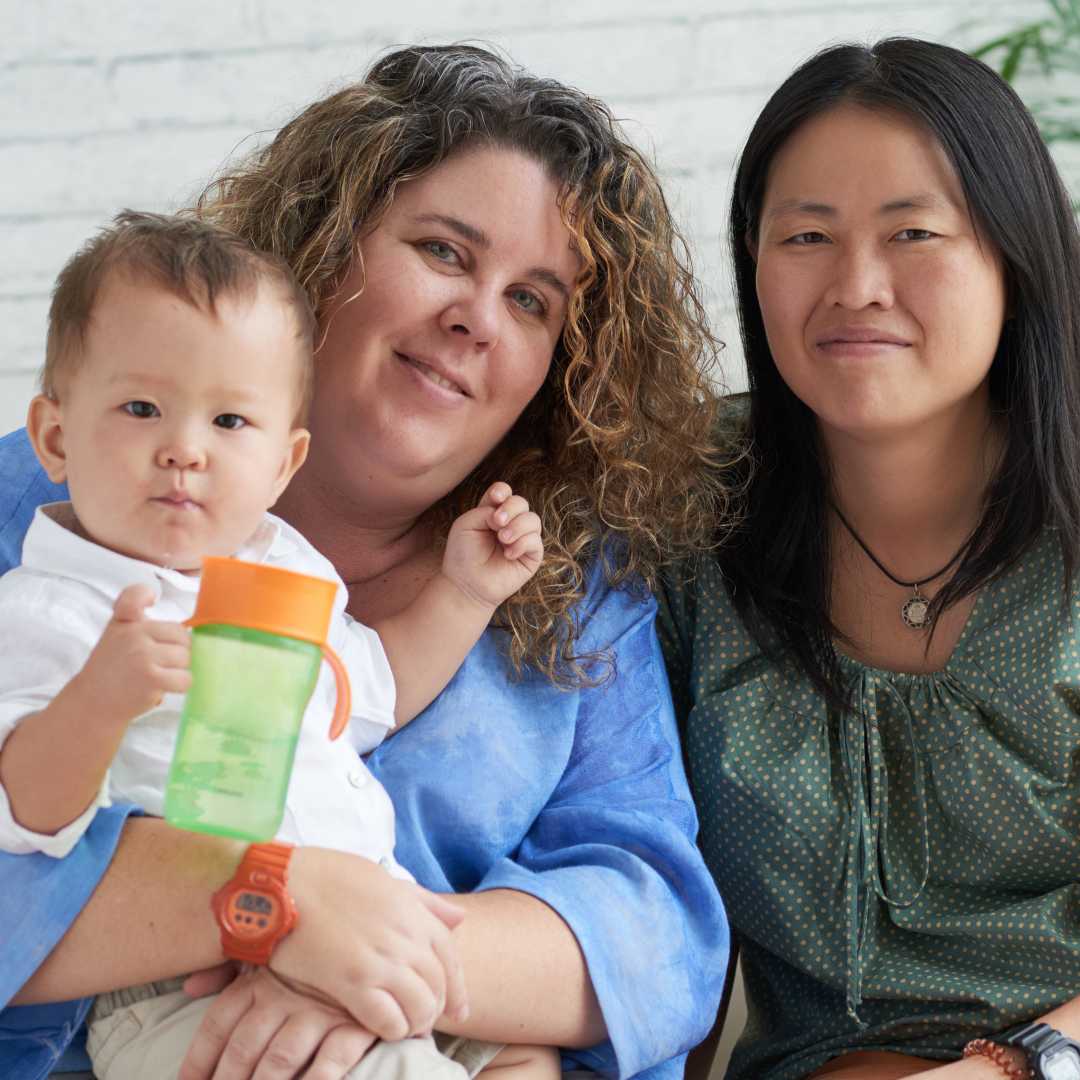
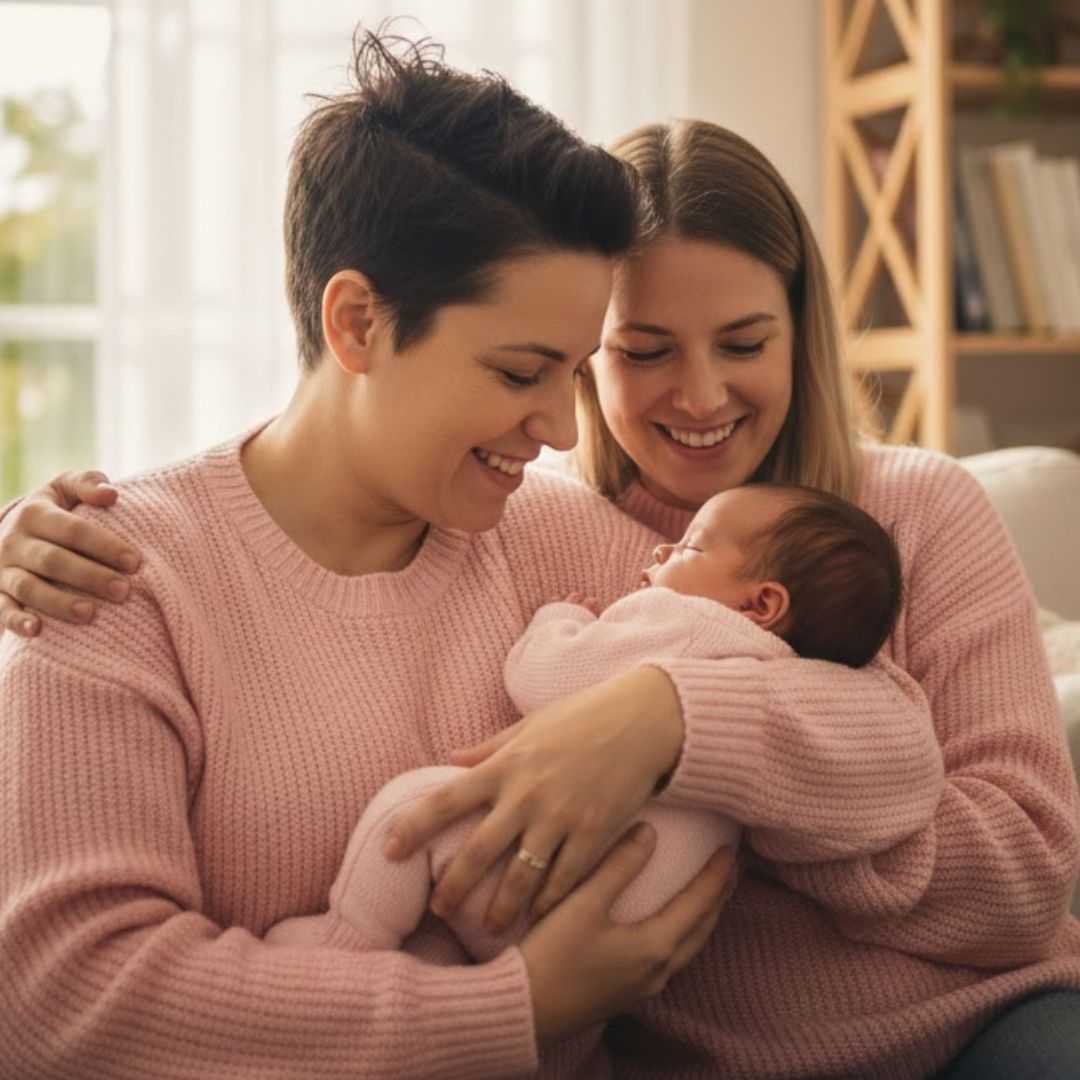

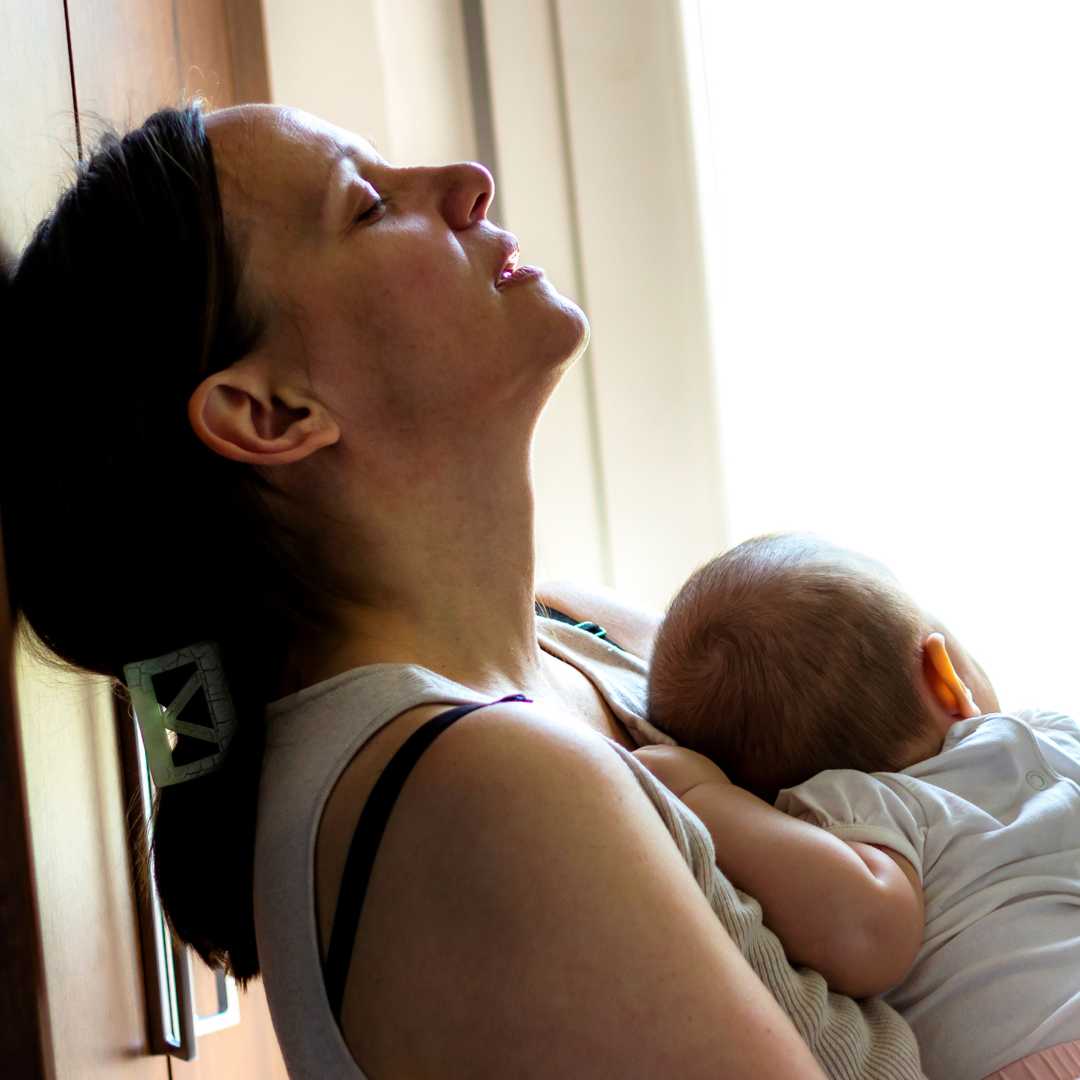
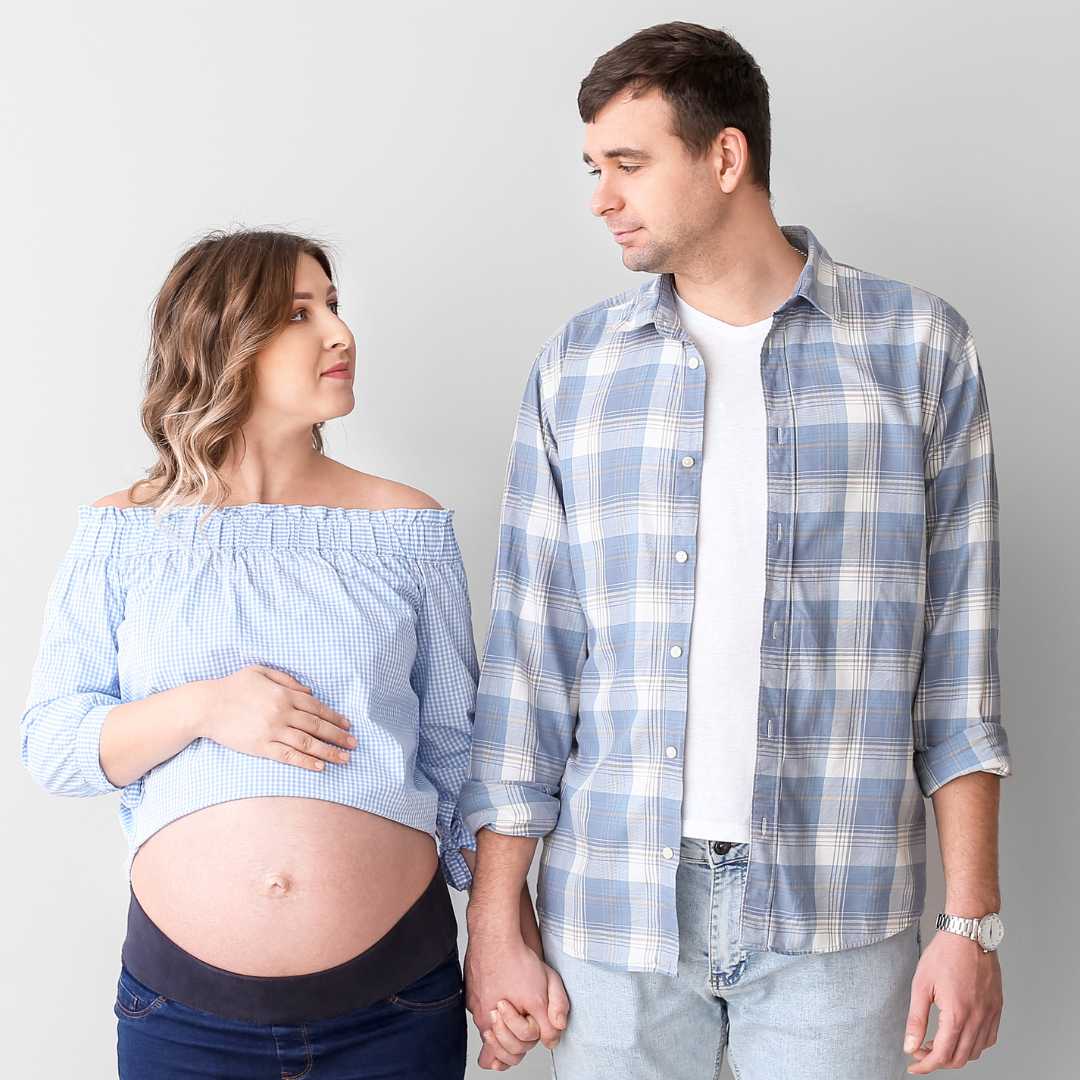

.png)

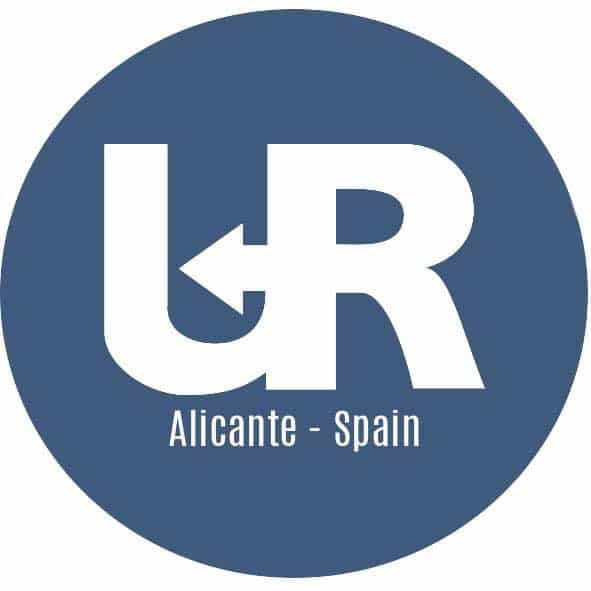
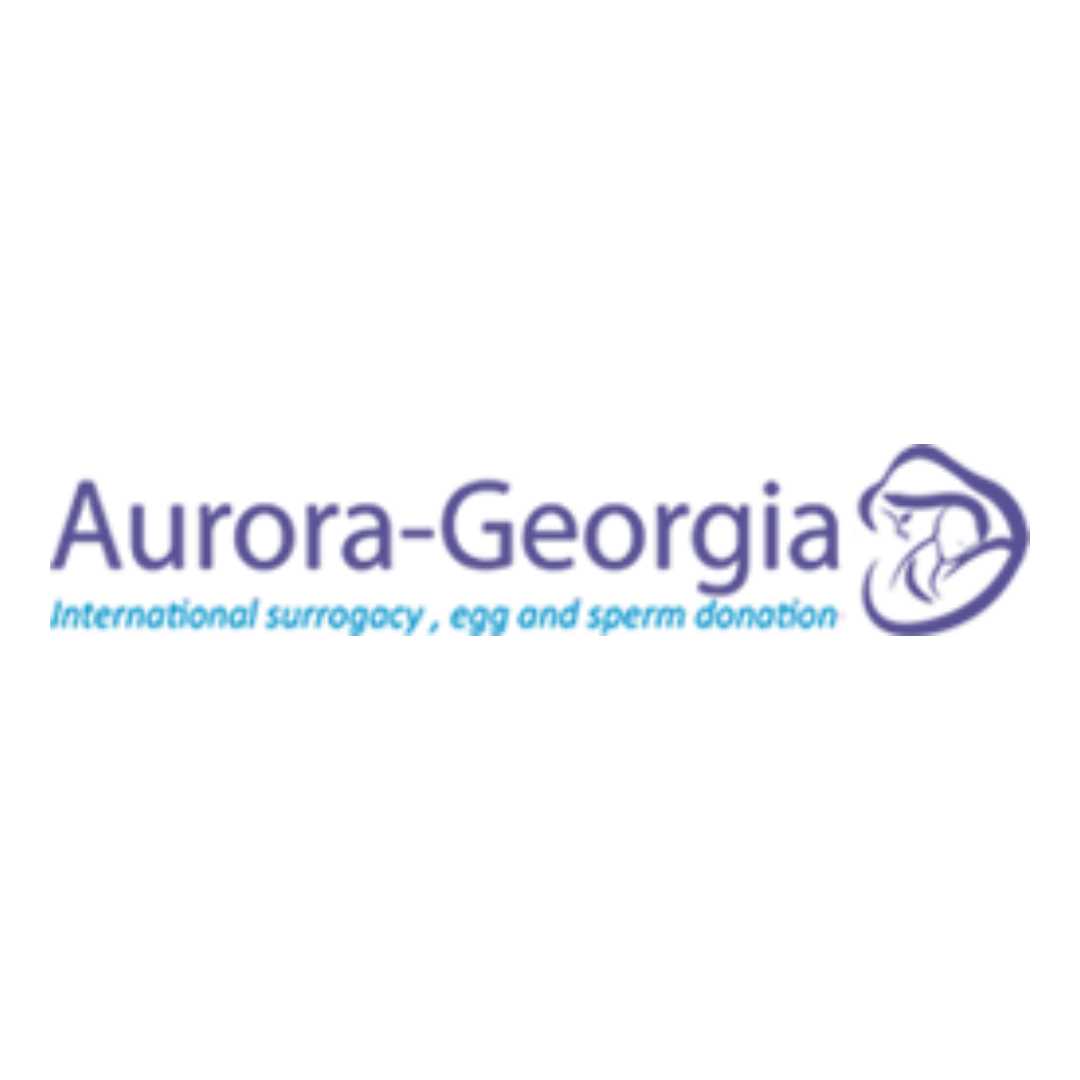
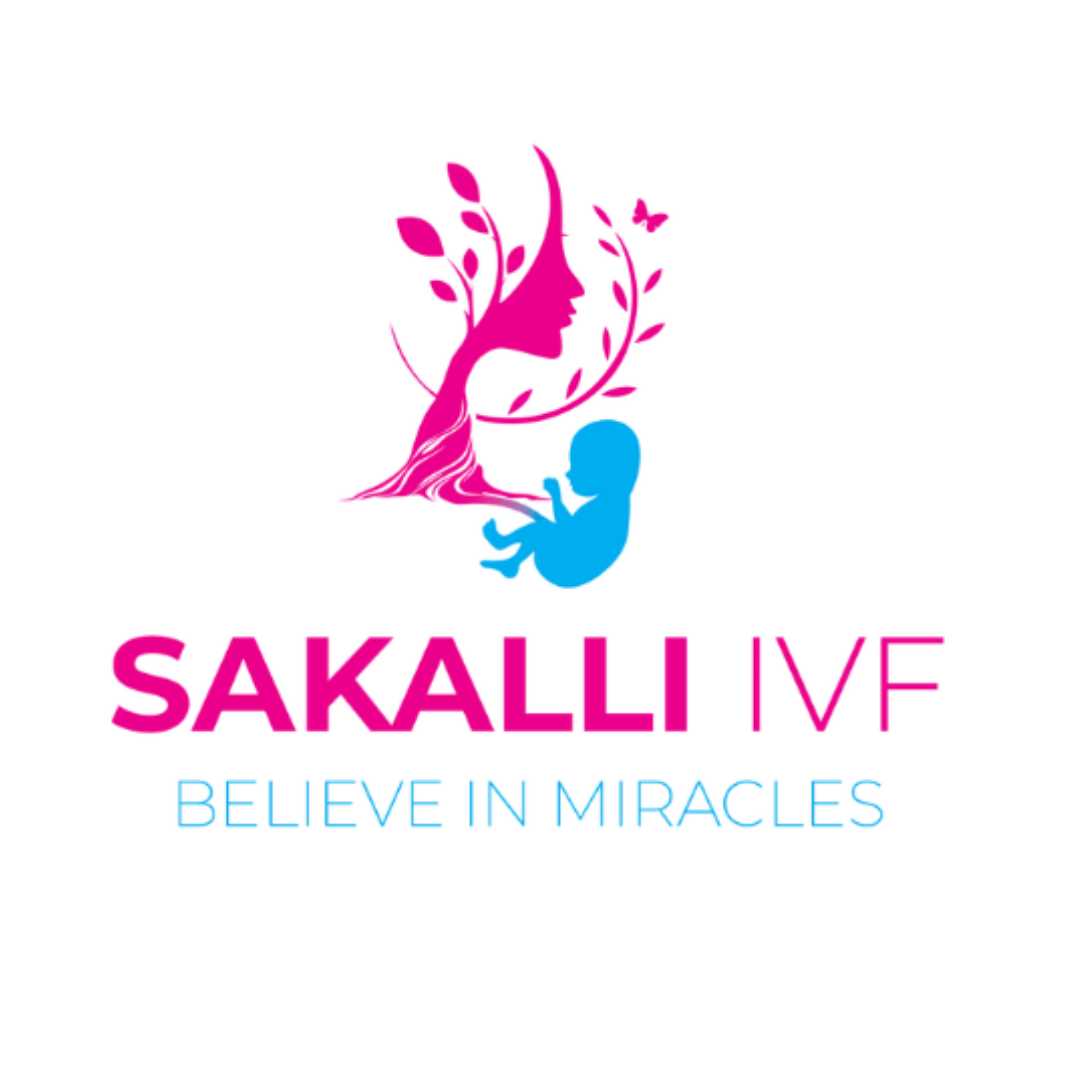
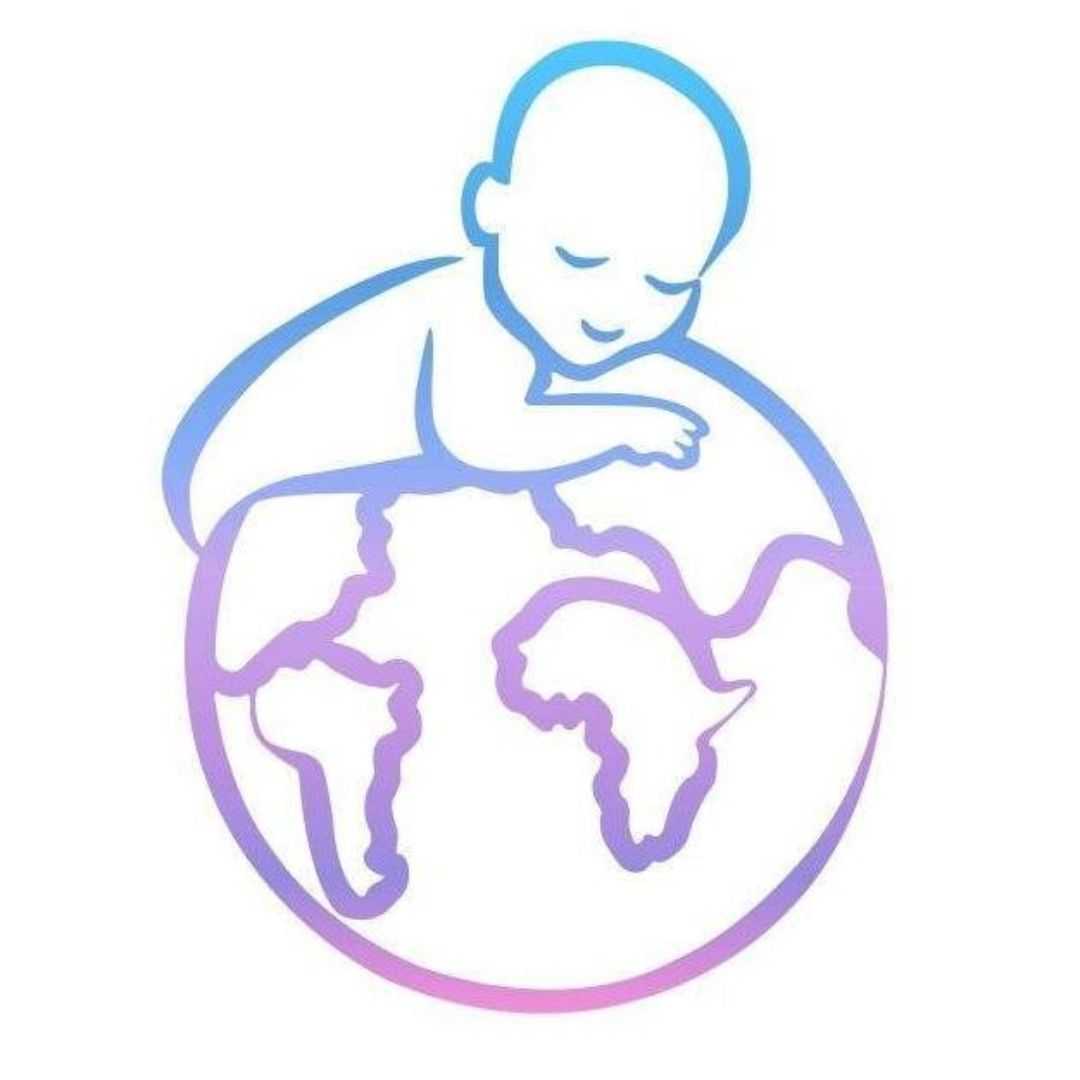

Share this listing